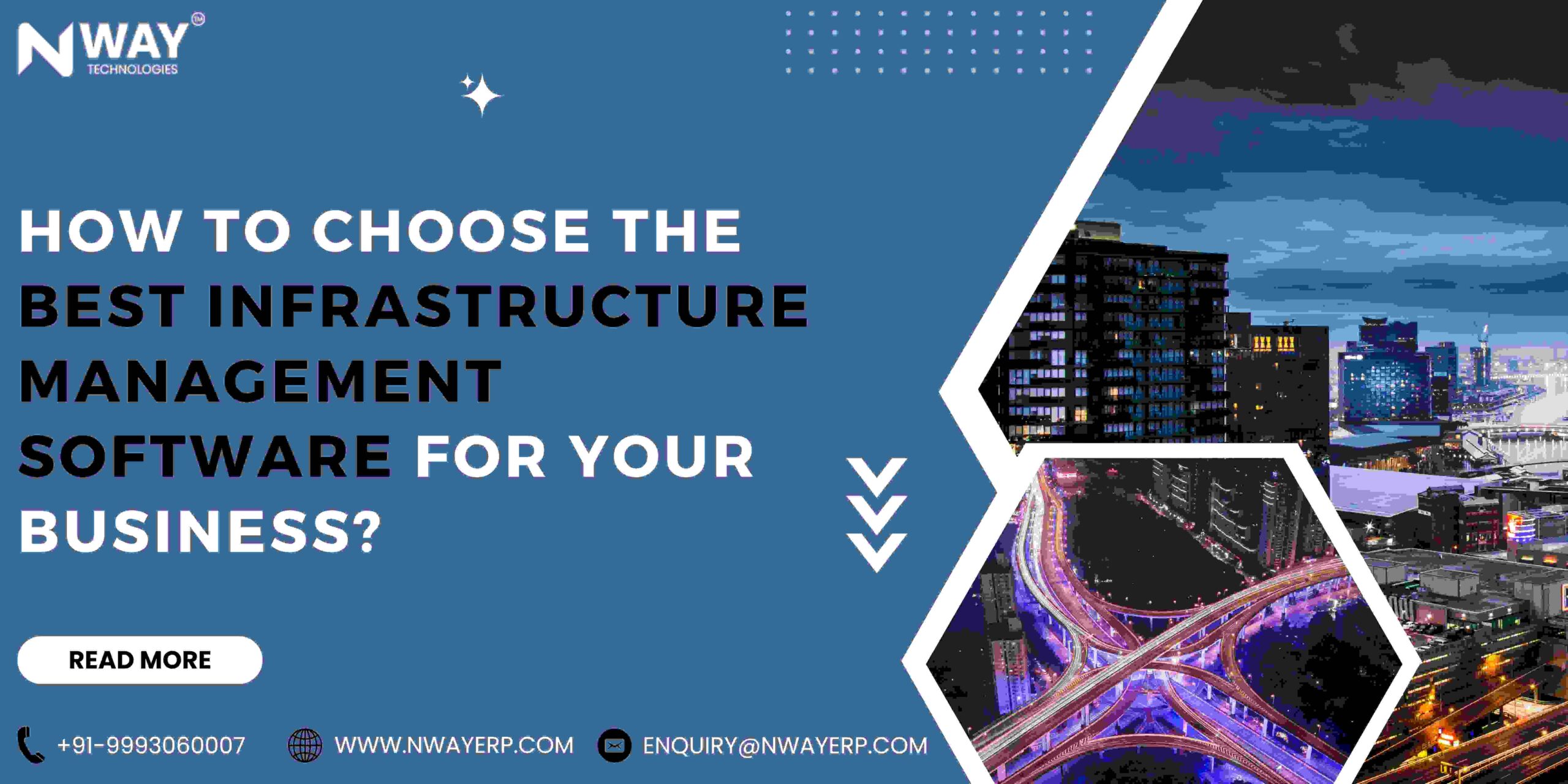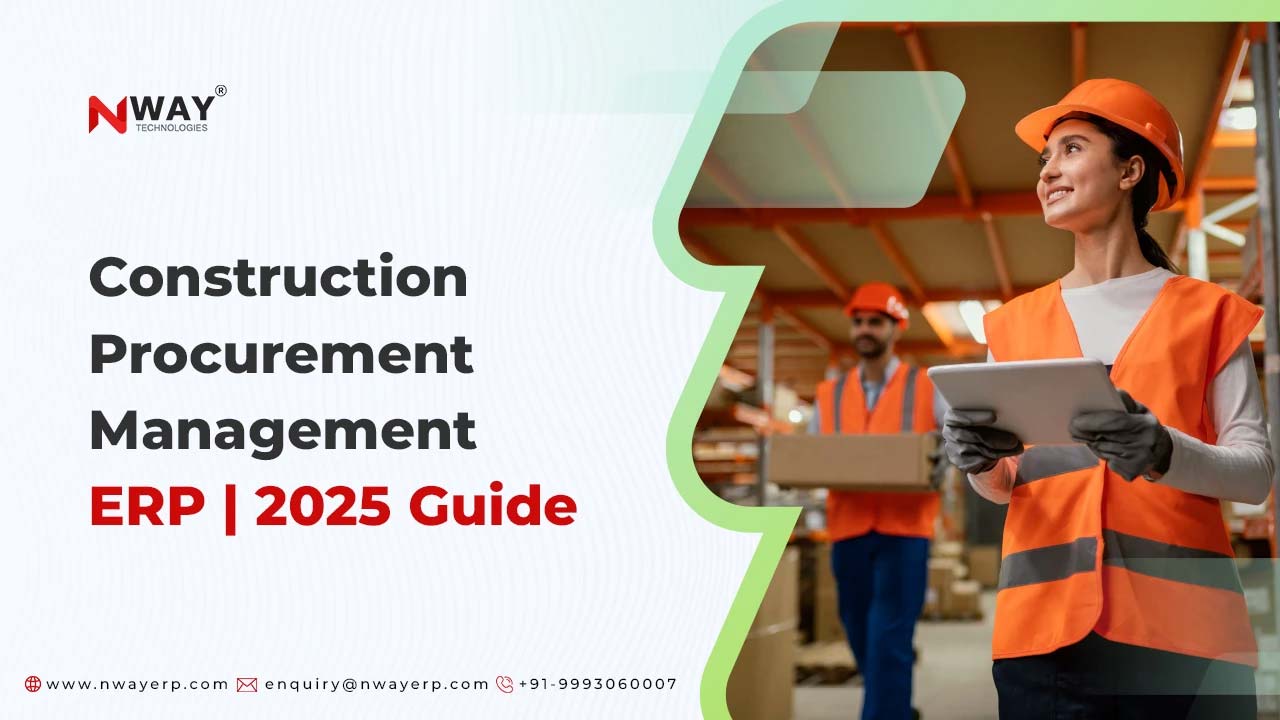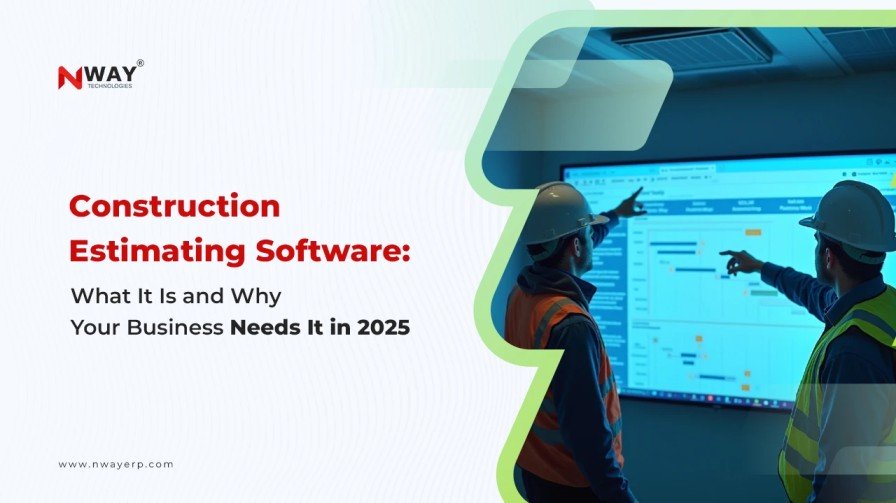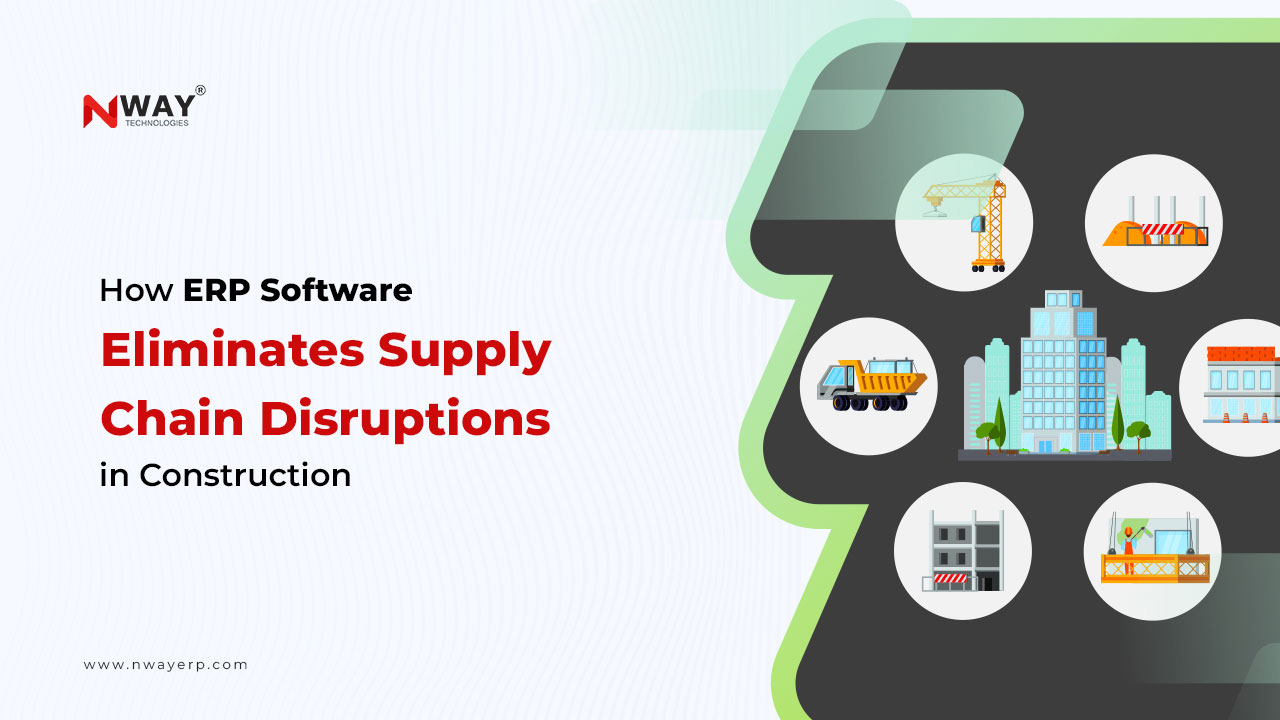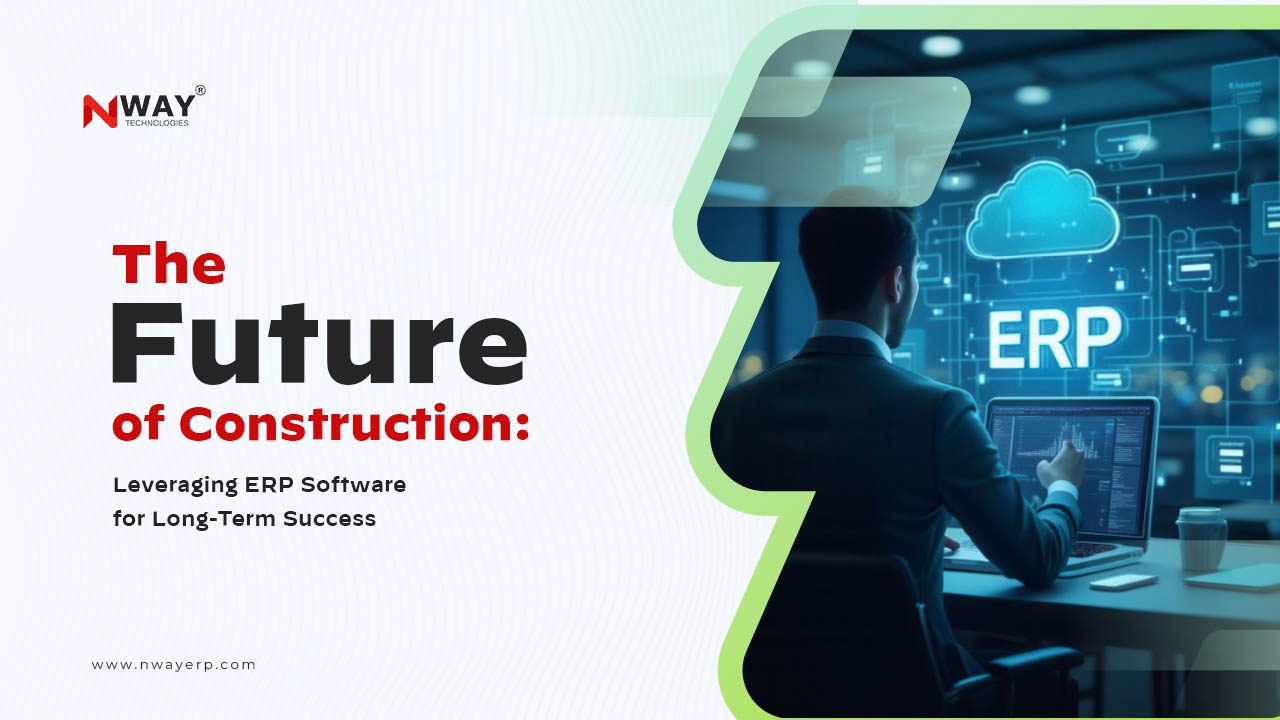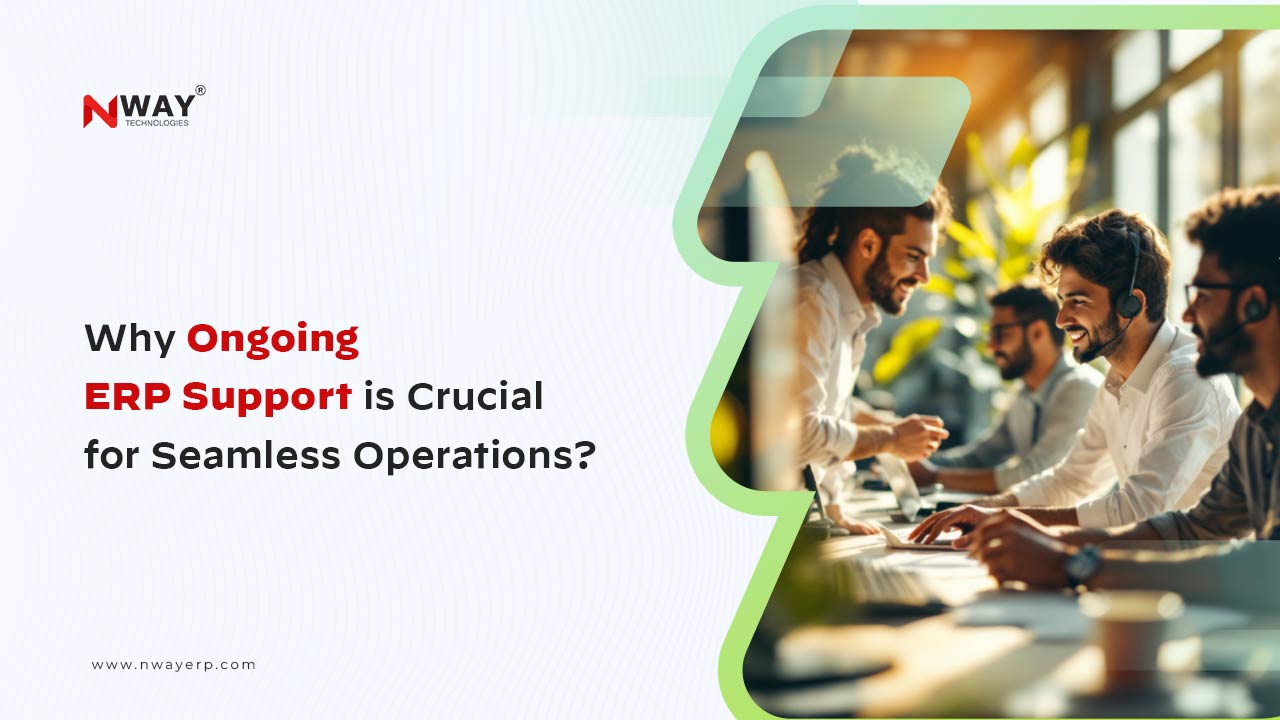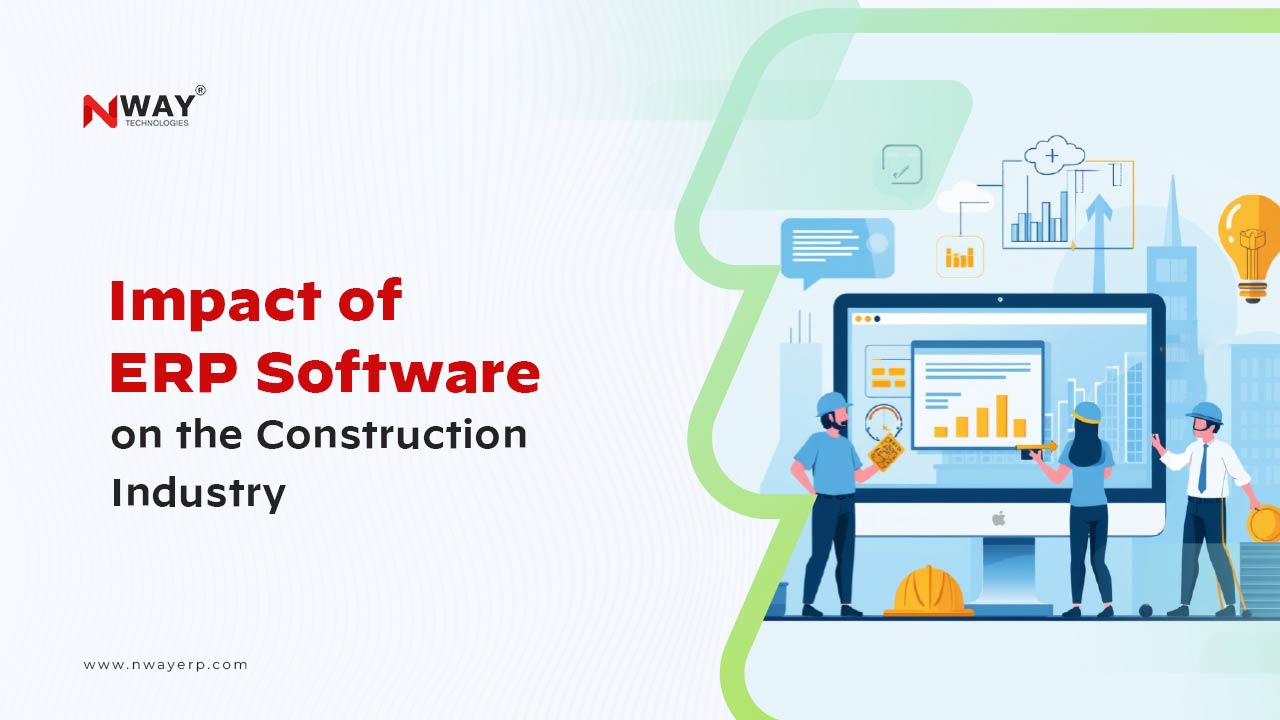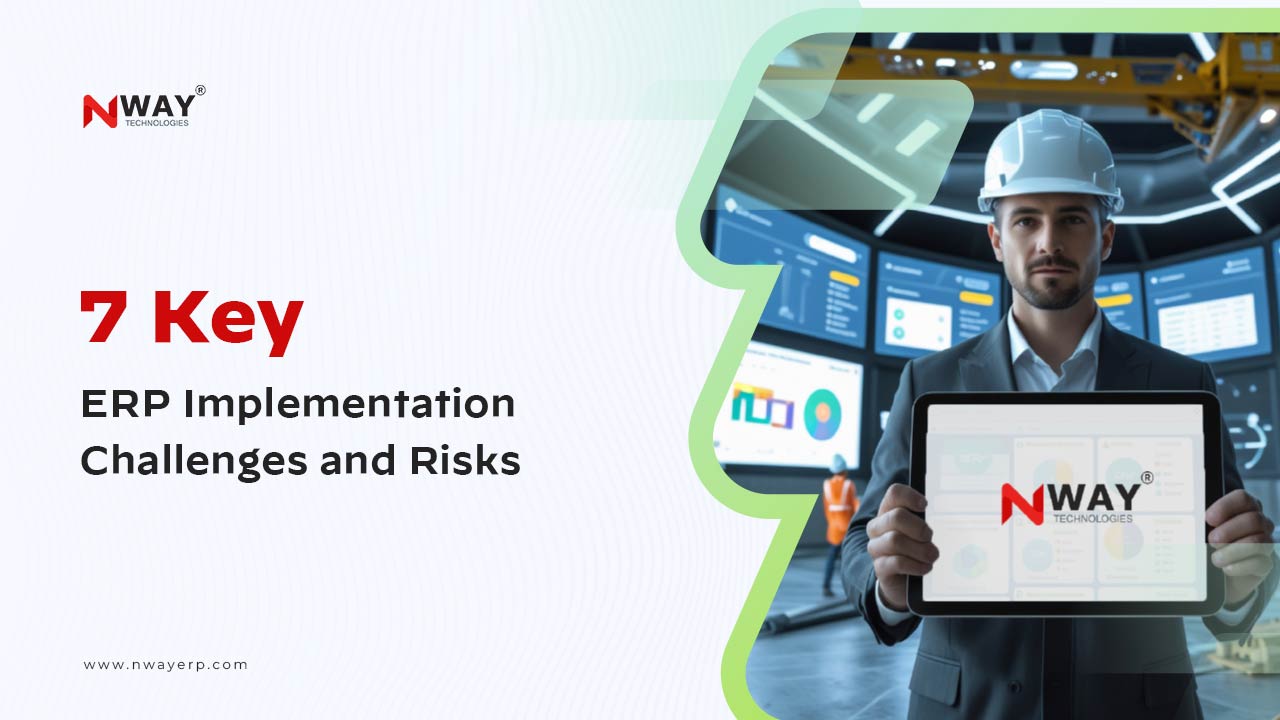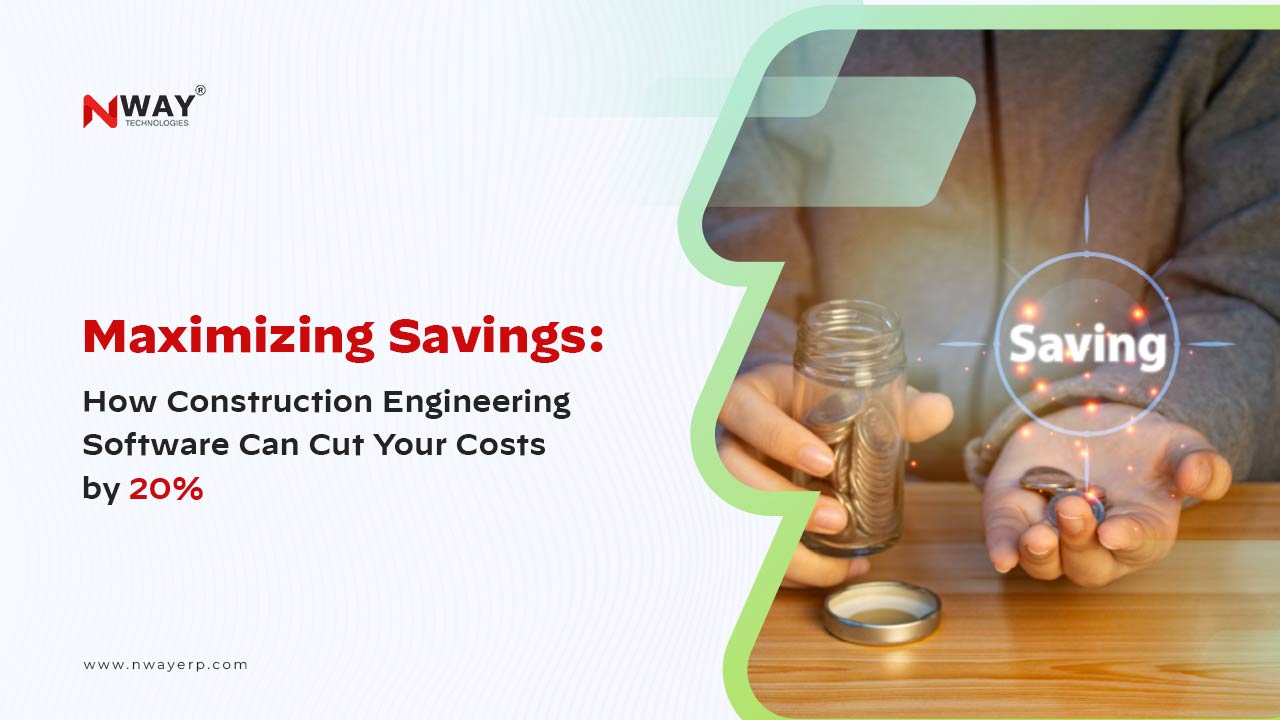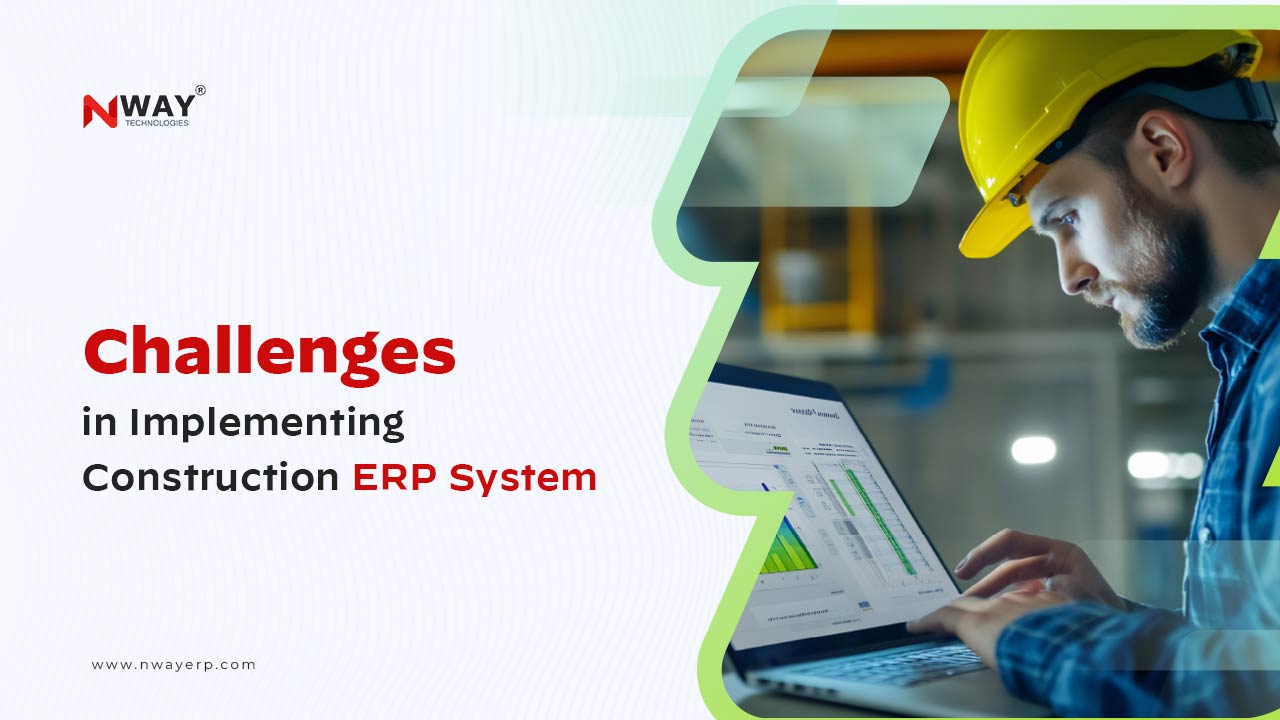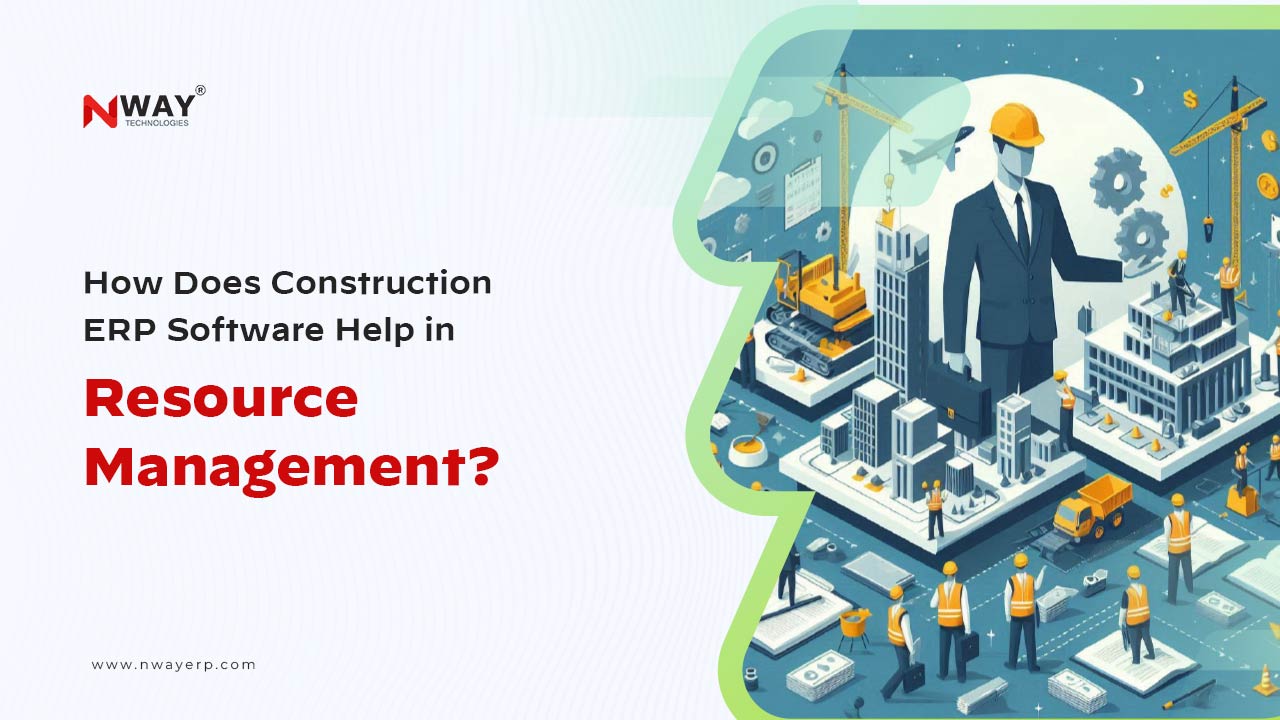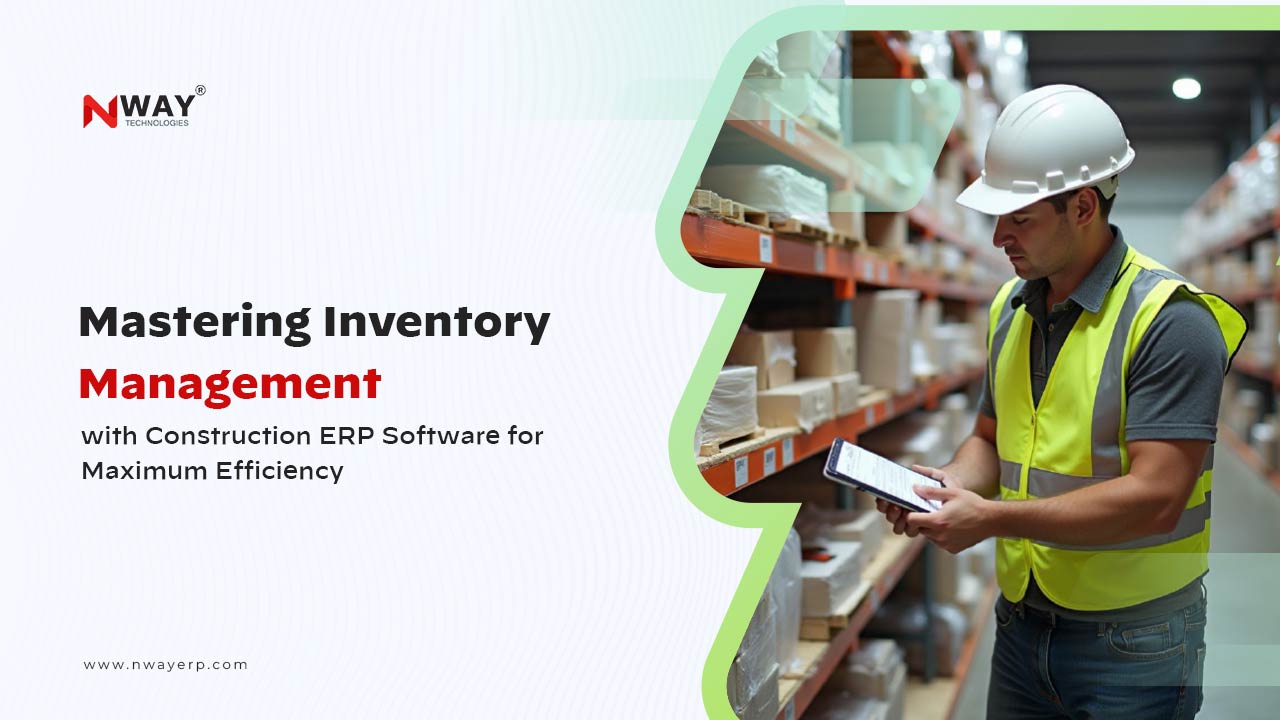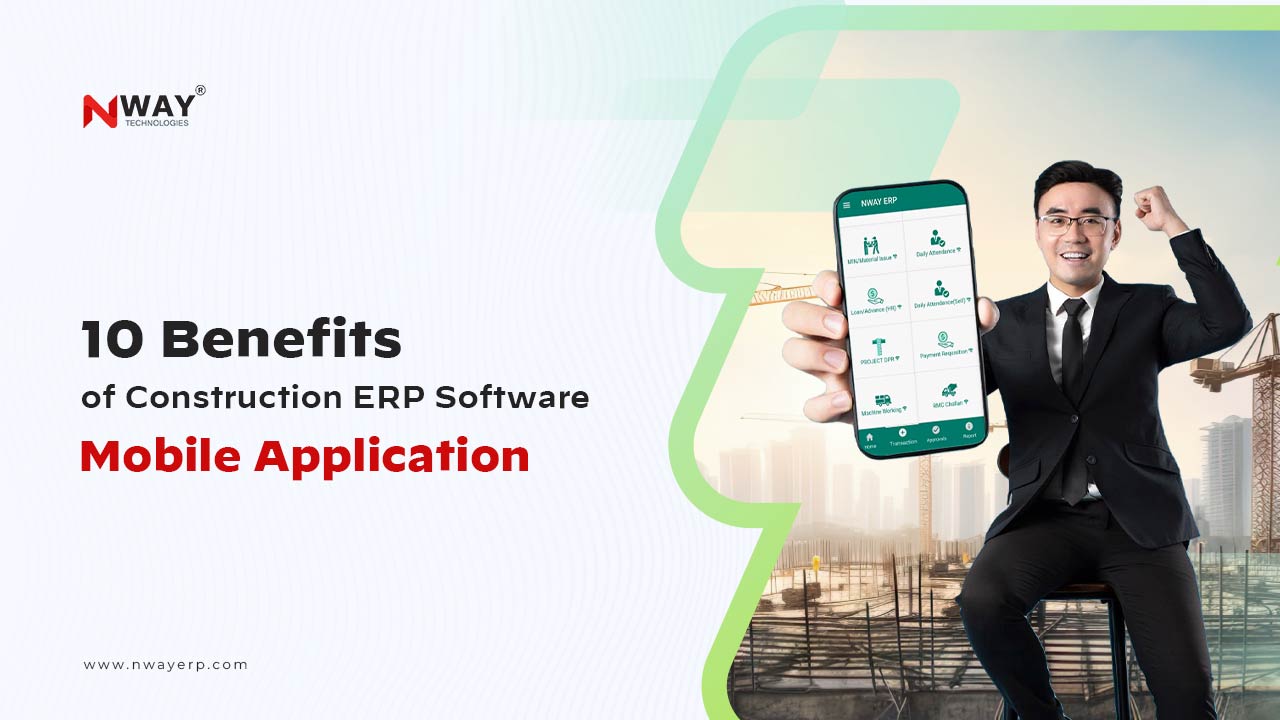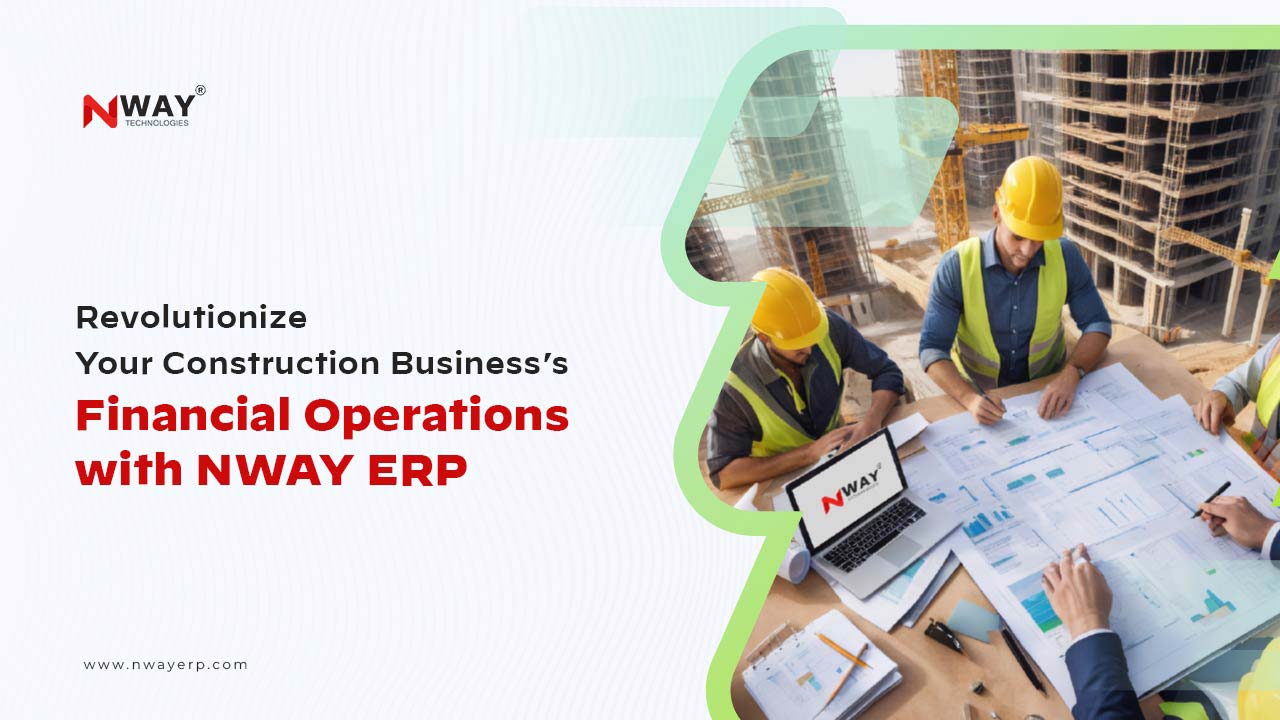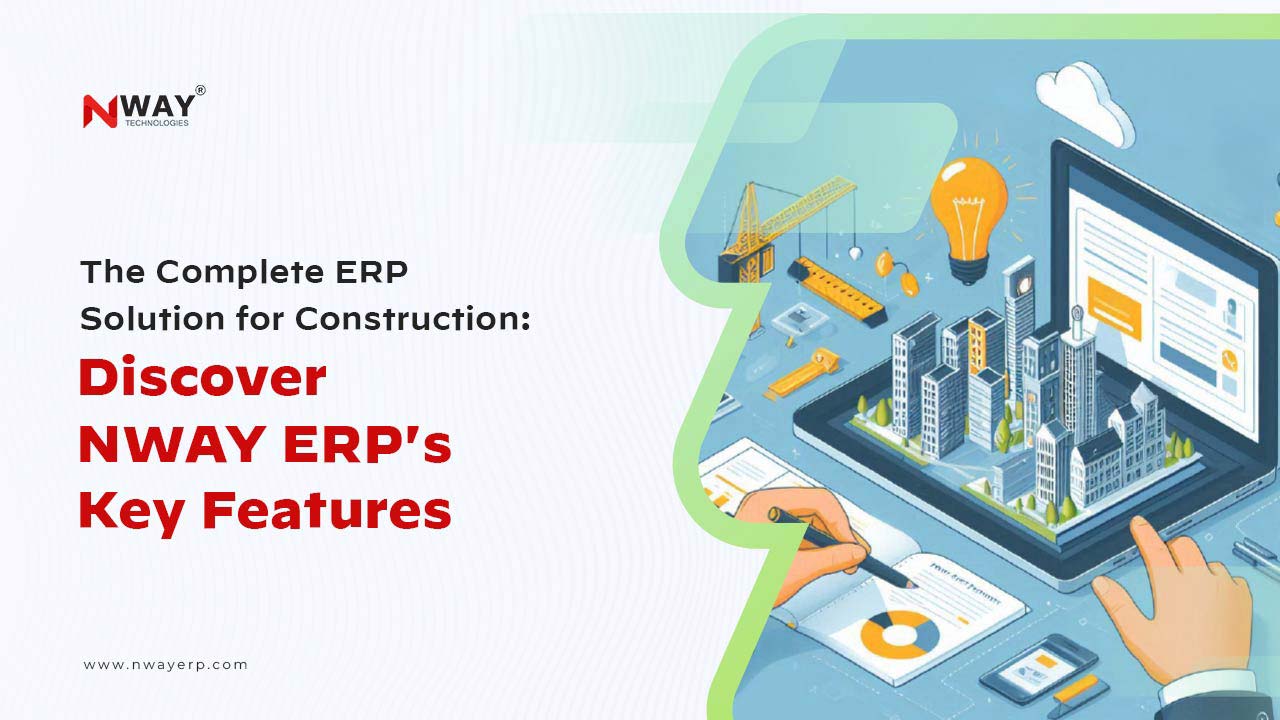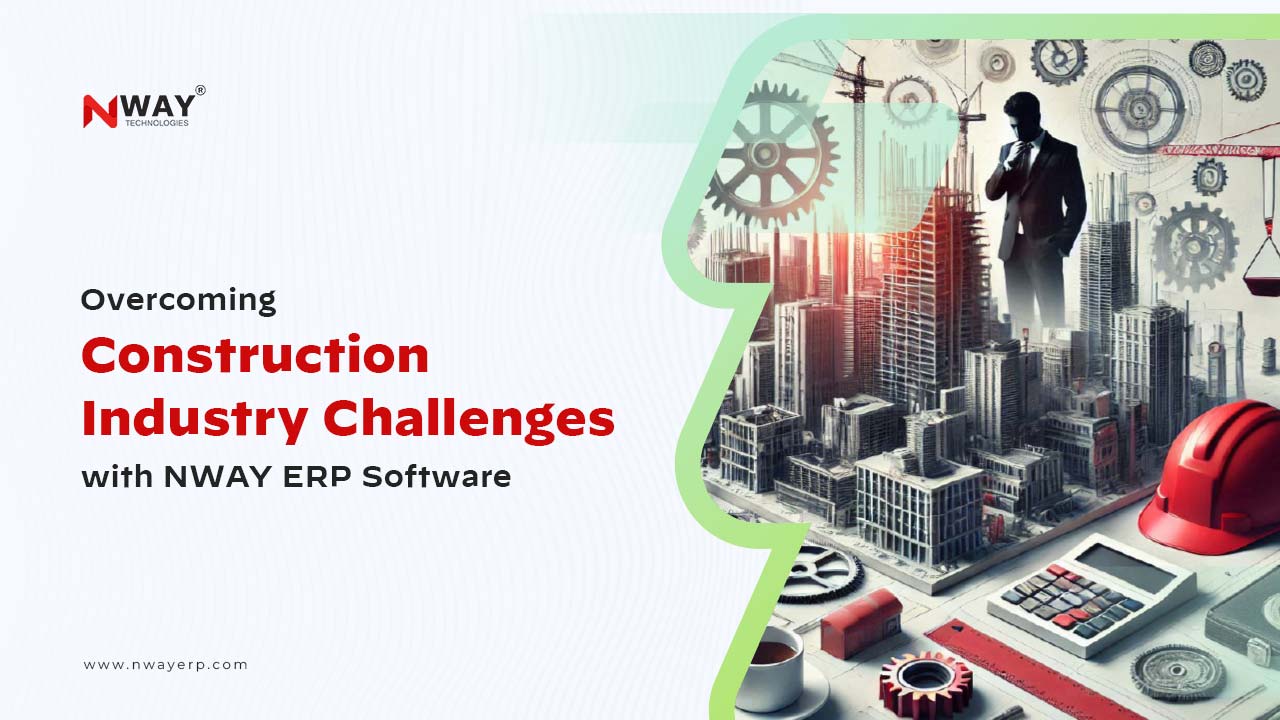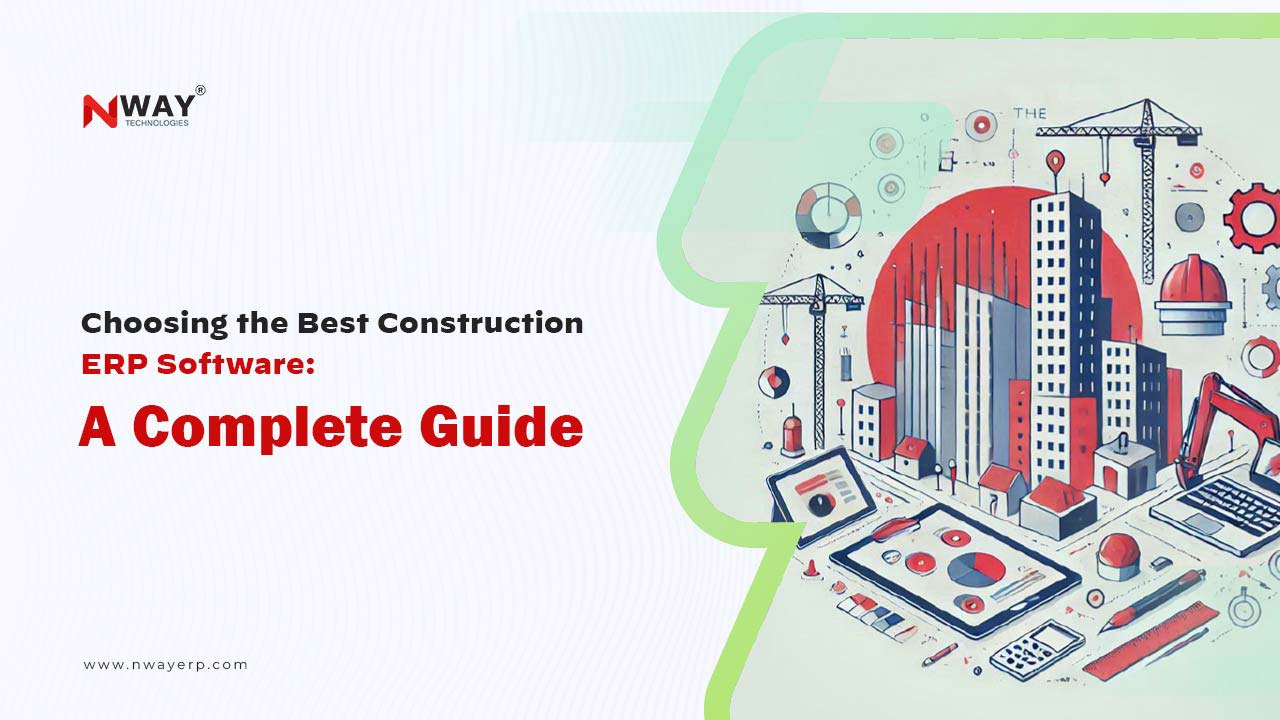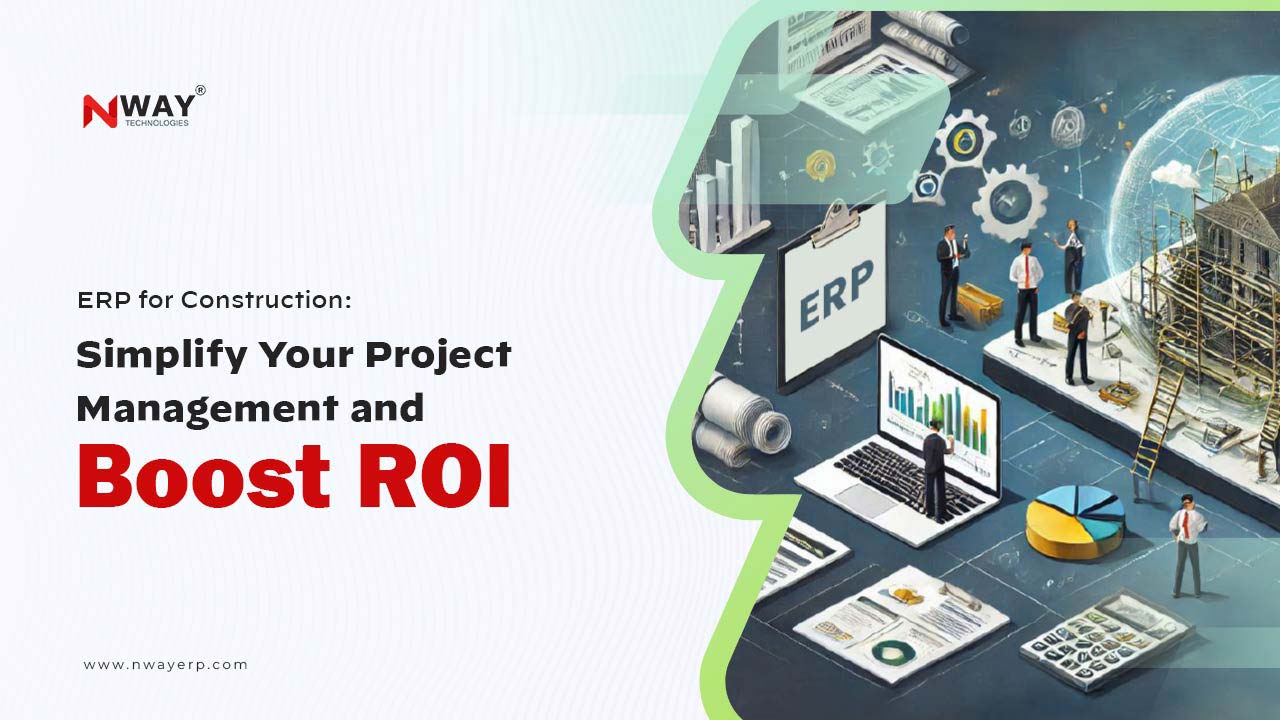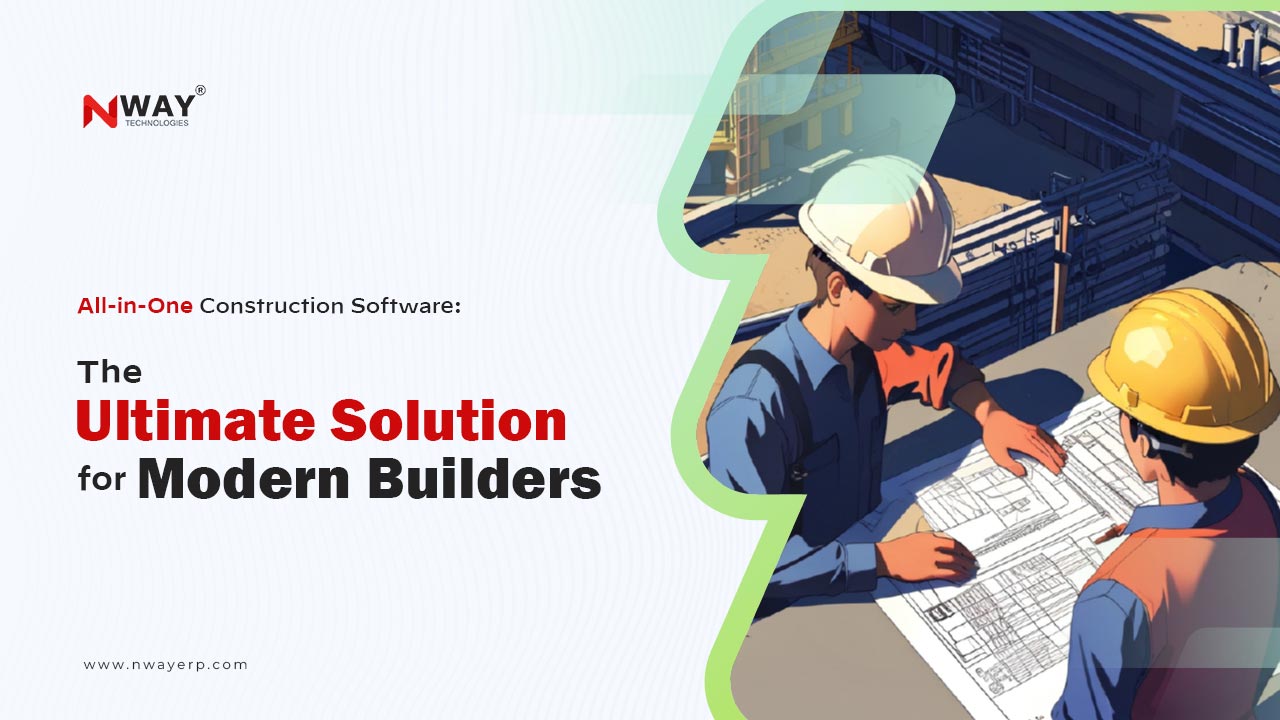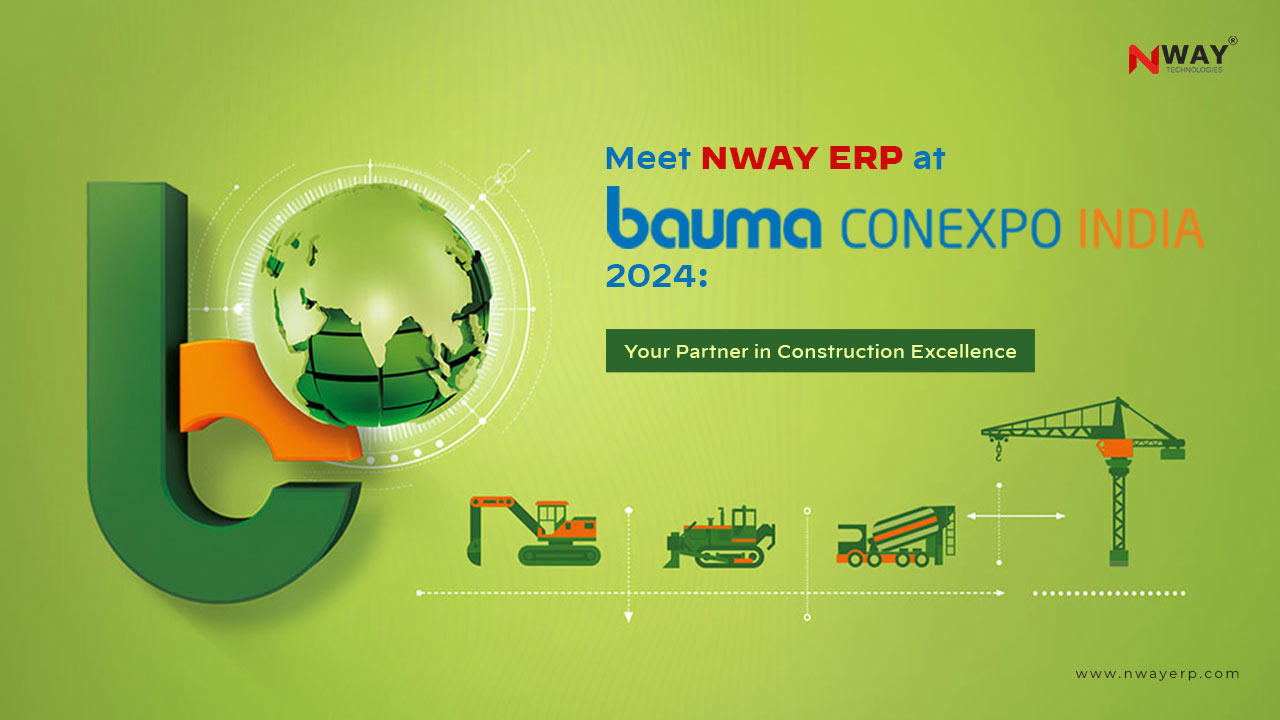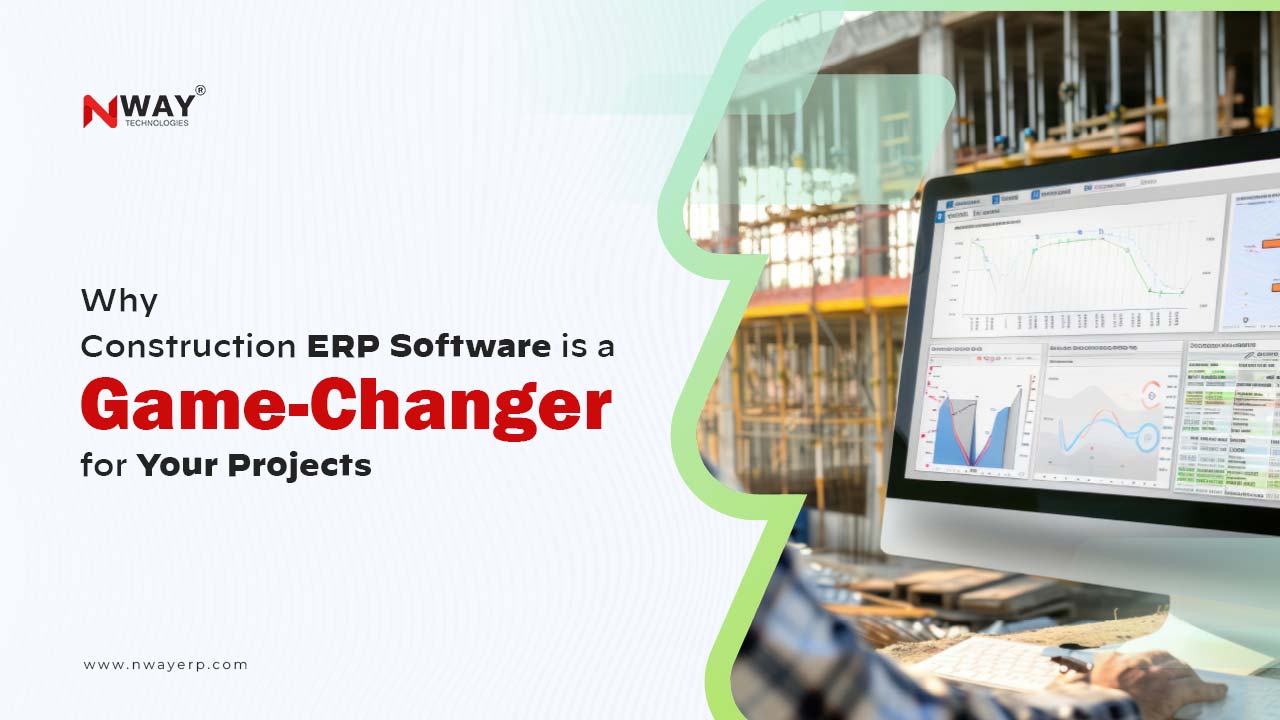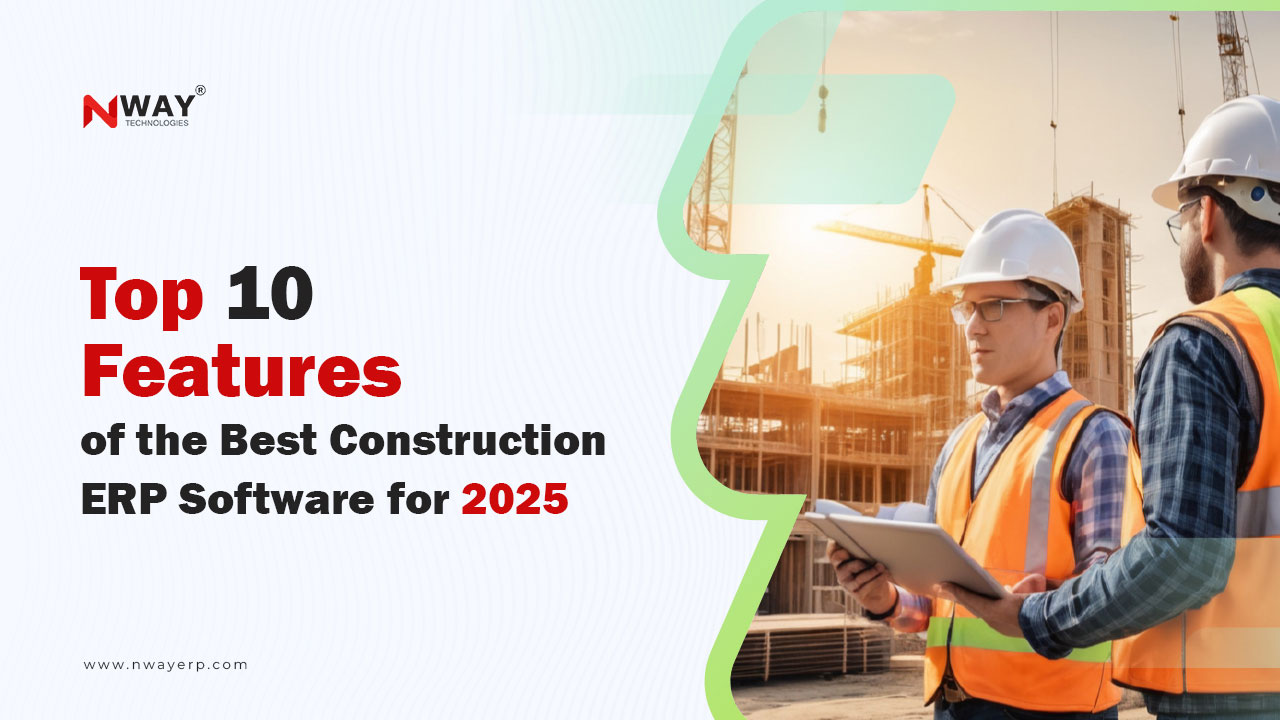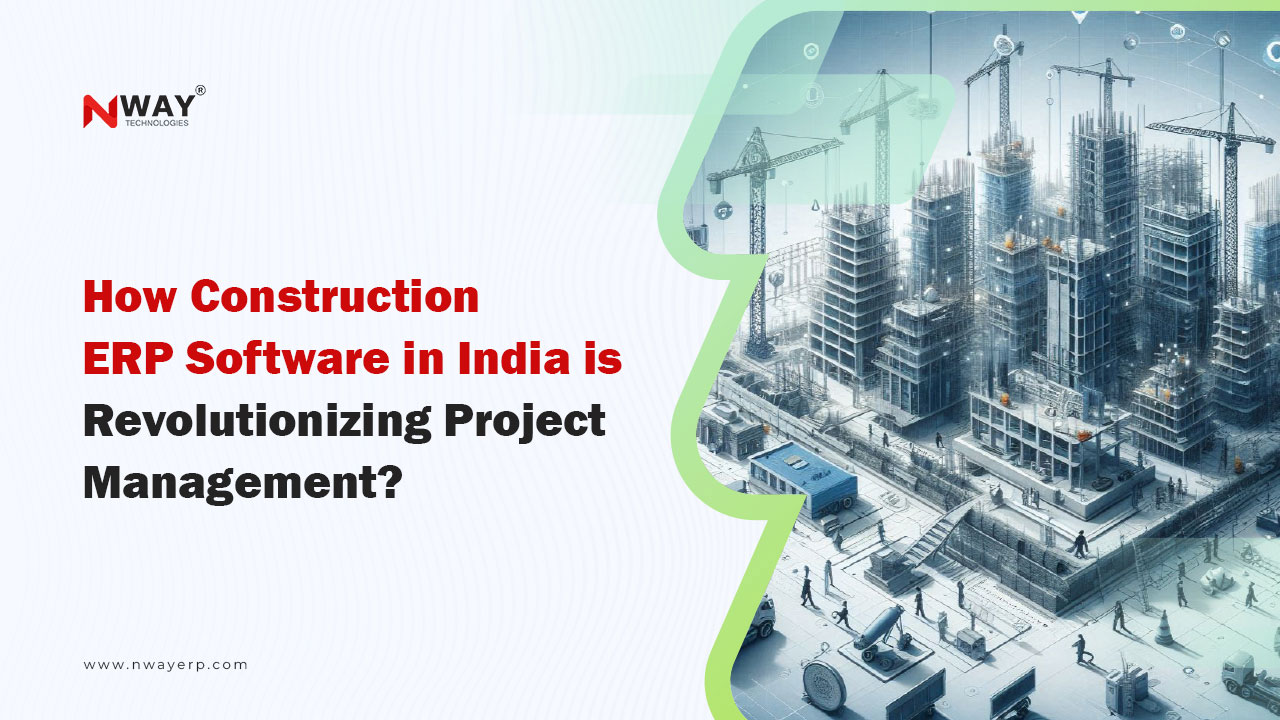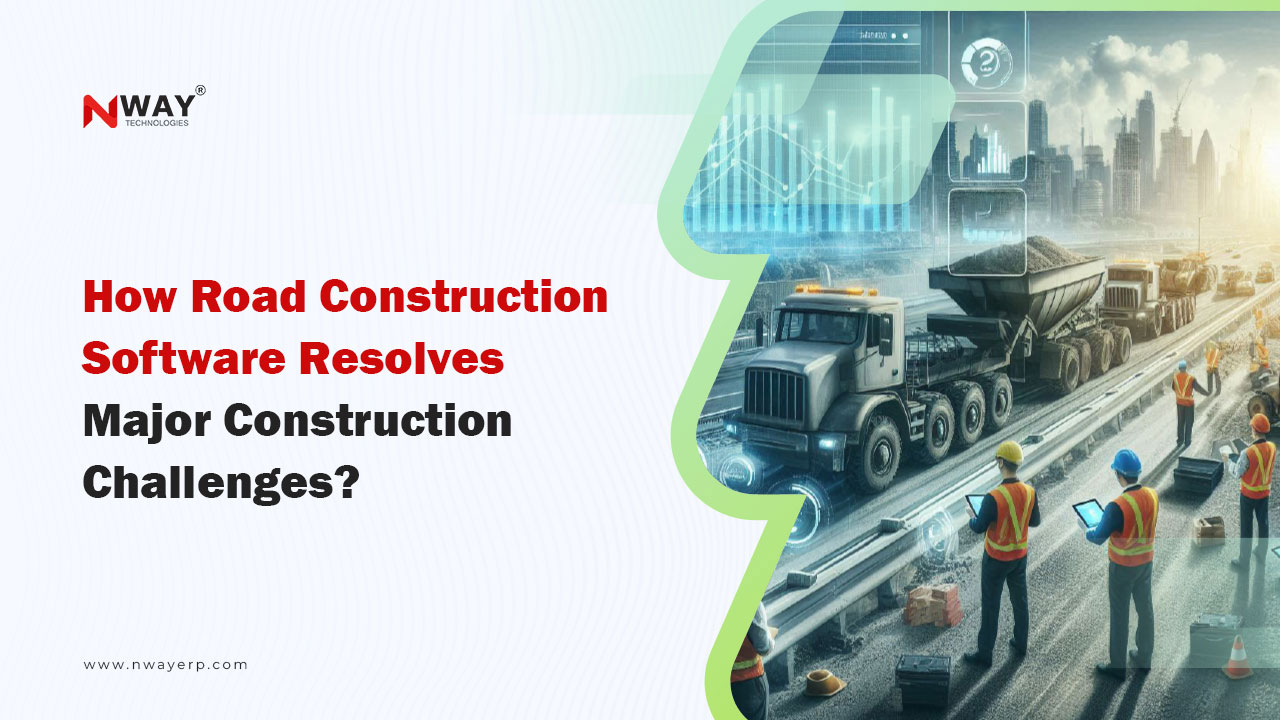Implementing Infrastructure Management Software is a crucial decision in today’s business tech landscape. It’s not just about upgrading; it’s an investment with lasting effects on efficiency, scalability, and day-to-day operations. Let’s explore its role and why making an informed choice matters.
Understanding the Importance of Infrastructure Management Software
Infrastructure Management ERP Software (IMS) acts as the backbone for businesses. It provides a centralized platform, streamlining operations from communication to resource allocation. Its goal is to help organizations navigate the complexities of modern business more successfully.
Challenges in Selecting the Right Infrastructure Management Software
Choosing the right Infrastructure Management ERP Software can be tricky. Decision-makers are bombarded with options, each claiming to be the ideal solution. Navigating through them requires considering factors like scalability, integration, and budget restrictions.
Long-Term Benefits of Informed Decision-Making
Looking beyond immediate needs, the focus should be on the long-term advantages of an informed decision. Selecting IMS is an investment in your organization’s future. Smart choices today pave the way for sustainable growth, adaptability, and competitiveness tomorrow.
Understand Your Business Requirements
The first step in selecting an IMS tailored to your organization is conducting a thorough needs analysis. By understanding your unique requirements, you ensure the chosen solution seamlessly fulfills them all.
Identifying Specific Infrastructure Management Requirements
Start by exploring your company’s pain points. Are there communication gaps or increased security needs? Identifying these requirements guides your search for the right IMS.
Understanding the Scale and Scope of Your Business Operations
Consider the size and complexity of your business operations. A smaller organization may require different features than a large enterprise. Factor in geographical spread, user numbers, and operational complexity to select the most suitable solution.
Considering Future Scalability Needs
Businesses evolve, so your IMS should grow with you. Ensure the selected software can scale to accommodate your organization’s expansion, providing long-term value.
Key Features of Infrastructure Management Software to Look For
When considering IMS options, focus on key criteria to ensure a seamless fit within your organizational structure.
- Scalability and Flexibility: The system should expand with your business without compromising performance.
- Integration Capabilities: Smooth integration with existing infrastructure, applications, and databases is crucial.
- Security Features: Prioritize robust security features that comply with industry standards, ensuring data protection.
- User-Friendly Interface: A user-friendly interface promotes adoption, reducing training times and ensuring accessibility from various devices.
- Automation and Workflow Customization: Look for automation features to streamline processes and customizable workflows that align with your business operations.
Budget Considerations
Budget planning is integral to selecting Infrastructure Management Software. Considerations should align with your financial goals.
- Determining a Realistic Budget: Allocate resources based on your organization’s financial capacity for a realistic IMS budget.
- Exploring Pricing Models: Explore different pricing models, such as subscription or one-time purchase, understanding their implications.
- Understanding Hidden Costs: Uncover potential hidden costs like implementation, training, or customization fees.
- Scalability Pricing: Understand how costs change as your organization expands for accurate budget planning.
Compatibility and Integration
Seamless integration with existing systems is crucial for effective deployment and use.
- Ensuring Compatibility: Assess compatibility with current hardware and software to avoid disruptions during implementation.
- Assessing Integration with Business Applications: Evaluate how well IMS integrates with commonly used apps, promoting overall efficiency.
- Evaluating API Availability: Check for reliable APIs and comprehensive documentation to extend functionality and adaptability.
Customization and Adaptability
Infrastructure Management ERP Software must adapt to evolving business needs, ensuring a perfect fit.
- Assessing Customization Levels: Evaluate the software’s customization levels to align with unique processes and workflows.
- Ensuring Adaptability: Choose an IMS that easily adapts to changing business requirements, ensuring long-term relevance.
- Evaluating Learning Curve: Consider a user-friendly system for customization to reduce training requirements and streamline implementation.
User Training and Support
Effective user training and robust support services are essential for successful IMS implementation.
- Exploring Training Resources: Consider the availability of comprehensive materials, tutorials, and documentation for effective onboarding.
- Assessing Vendor Support: Evaluate the level of support offered by vendors, including support channels, responsiveness, and expertise.
- Understanding Response Time: Timely issue resolution is crucial. Understand the vendor’s response time for efficient operations.
Trial Period and Demos
Before committing to Infrastructure Management ERP Software, experiencing it firsthand through trial periods and demos is crucial.
- Requesting a Trial Period or Demo: Ask potential IMS vendors for trial periods or demonstrations to gain hands-on experience.
- Testing in Real-World Scenarios: Immerse your team in real-life scenarios to assess the software’s capabilities and suitability.
- Gathering Feedback from End-Users: Encourage feedback from end-users during the trial to understand practical needs and preferences.
Making the Final Decision
After considering various aspects, make an informed final choice following a structured process.
- Summarizing Key Considerations: Create an accessible summary of key considerations like scalability, integration, customization, user training, and vendor support.
- Weighing Pros and Cons: Consider benefits and drawbacks of each option to facilitate easier comparison and alignment with organizational goals.
- Making an Informed Decision: Armed with an overview and pros/cons analysis, make a decision based on practical implications, long-term benefits, and alignment with business strategy.
Read More: The Role of AI and Machine Learning in Infrastructure Management Software
Conclusion
Choosing the right Infrastructure Management ERP Software is a significant decision that impacts your organization’s efficiency and competitiveness. It’s not just a technical choice but a strategic move. Your IMS is the backbone of operations, influencing communication, resource allocation, and overall success.
By investing time and effort into the decision-making process, businesses ensure successful implementation, adaptability, and sustainable growth. Remember, this transformative journey is more than a solution; it’s a partnership guiding your organization toward future challenges with resilience, efficiency, and a competitive edge.
